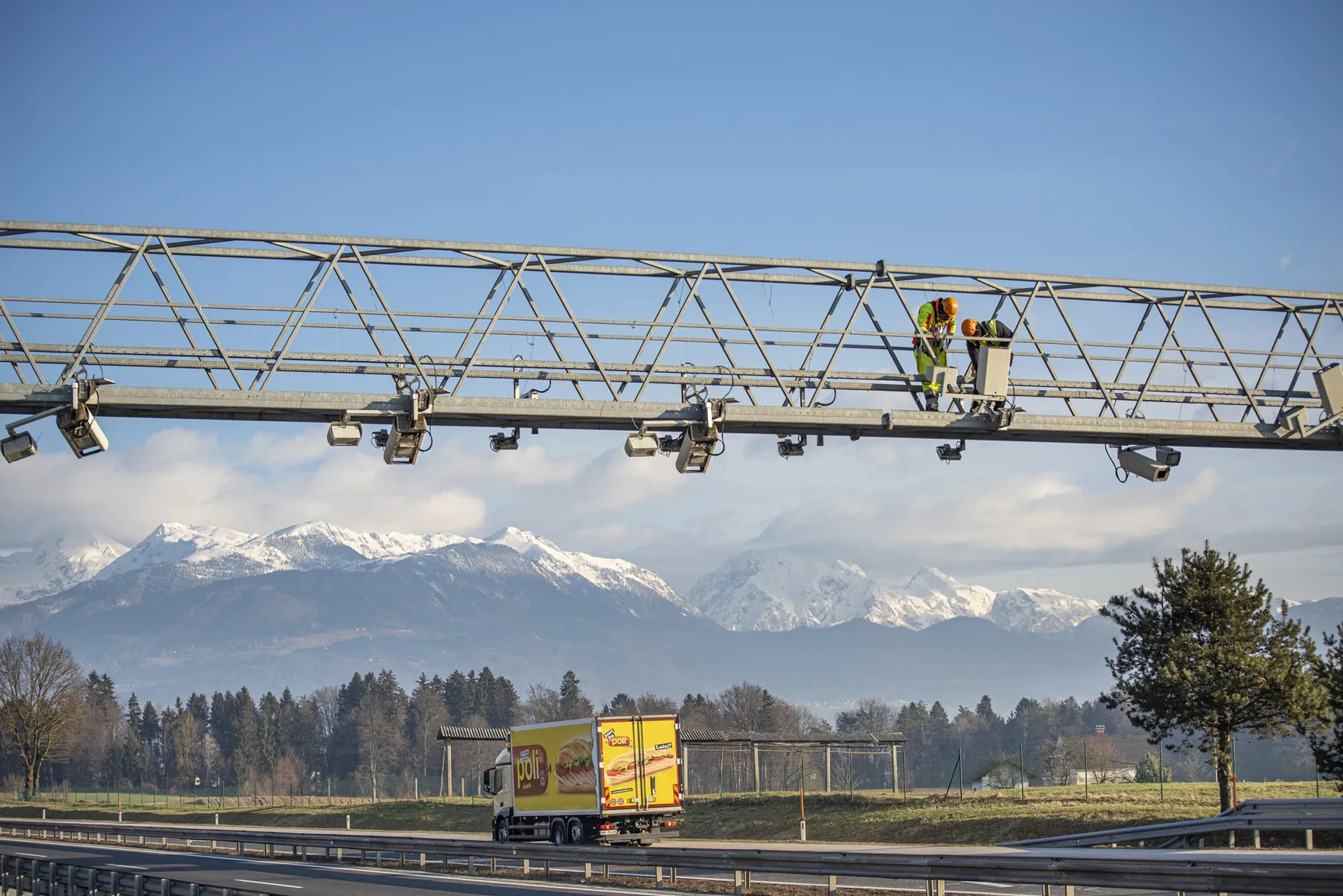A consortium led by Bombardier Transportation in partnership with Thales and Nokia Siemens Networks has won the US$146 million contract to modernise the signalling of the 350 km long E65 railway line linking Warsaw and Gdynia. The need to comply with the standards of the trans-European transport network linking the north and south of Europe makes the contract is one of the most important investments of PKP, the Polish railway lines operator. The consortium claims the modernisation will enhance safety and in
February 27, 2013
Read time: 2 mins
A consortium led by 513 Bombardier Transportation in partnership with 596 Thales and 183 Nokia 189 Siemens Networks has won the US$146 million contract to modernise the signalling of the 350 km long E65 railway line linking Warsaw and Gdynia.
The need to comply with the standards of the trans-European transport network linking the north and south of Europe makes the contract is one of the most important investments of PKP, the Polish railway lines operator. The consortium claims the modernisation will enhance safety and increase the capacity of the line. In addition, the journey times will be noticeably reduced. Following the upgrade, trains will be able to run with speeds of up to 200 km/h through selected sections.
Thales and Bombardier Transportation are responsible for the design and development of European Train Control System (ETCS) Level 2. They will also deliver conventional signalling for eight local control centres and upgrade existing conventional signalling equipment to the ETCS standard.
Thales will provide the ETCS Level 2 system, a remote control and traffic management, comprehensive solutions for dispatching centres in Warsaw and Gdynia, together with an integrated information system for travellers along the line and monitoring solutions.
Nokia Siemens Networks is providing the GSM-R systems on this highly complex thirty-five-station line for passenger and freight traffic.
Pawel Piotrowski, Thales country director in Poland explains: “For Thales, this important project significantly strengthens our position on the Polish railway market. We have been involved in the trans-European network since 2009, including the famous E30 European corridor.”
The need to comply with the standards of the trans-European transport network linking the north and south of Europe makes the contract is one of the most important investments of PKP, the Polish railway lines operator. The consortium claims the modernisation will enhance safety and increase the capacity of the line. In addition, the journey times will be noticeably reduced. Following the upgrade, trains will be able to run with speeds of up to 200 km/h through selected sections.
Thales and Bombardier Transportation are responsible for the design and development of European Train Control System (ETCS) Level 2. They will also deliver conventional signalling for eight local control centres and upgrade existing conventional signalling equipment to the ETCS standard.
Thales will provide the ETCS Level 2 system, a remote control and traffic management, comprehensive solutions for dispatching centres in Warsaw and Gdynia, together with an integrated information system for travellers along the line and monitoring solutions.
Nokia Siemens Networks is providing the GSM-R systems on this highly complex thirty-five-station line for passenger and freight traffic.
Pawel Piotrowski, Thales country director in Poland explains: “For Thales, this important project significantly strengthens our position on the Polish railway market. We have been involved in the trans-European network since 2009, including the famous E30 European corridor.”








